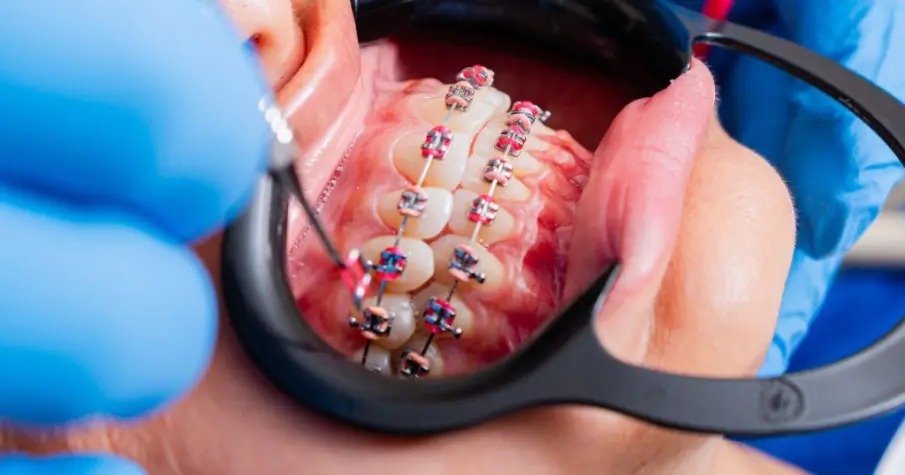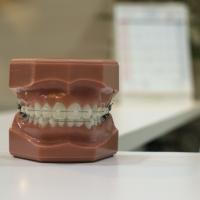Home > Blog > Skin and Body
Can You Get Braces If You Have a Missing Tooth? Here’s What Dentists Say

If you're missing a tooth and wondering whether braces are still an option—you’re in good company. Many teens and adults looking into orthodontic treatment have lost teeth for one reason or another—whether from injury, decay, or even genetics. The good news? Yes, you can get braces with a missing tooth. In fact, doing so might be one of the smartest moves you make for your long-term oral health.
Why Braces Still Matter When a Tooth Is Missing
When a tooth is gone, it doesn’t just leave an empty space—it can also cause nearby teeth to shift, tilt, or move out of alignment. That might not seem like a big deal at first, but over time it can lead to:
- Crooked or crowded teeth
- Bite problems that make chewing difficult
- Jaw discomfort or TMJ issues
- Complications when getting future dental work like implants or bridges
Braces help prevent or correct these issues by guiding your teeth back into proper position—even if one or more are missing. They're not just about straight teeth—they're about protecting your entire bite.
How Orthodontists Approach Missing Teeth
Everyone’s smile is different, and orthodontists have a few strategies depending on your needs and future plans:
1. Making Room for a Future Tooth Replacement
If you're planning to get a dental implant, bridge, or partial denture down the road, your orthodontist can use braces to carefully open or preserve space for that future restoration.
Best for: Teens and adults who want to restore the missing tooth later.
2. Closing the Gap Naturally
In some cases—especially if the missing tooth is in the back or the gap is small—braces can gradually shift the neighboring teeth to close the space completely. That means no replacement tooth is needed at all.
Best for: Patients with strong surrounding teeth and no need for implants.
3. Preventing Further Shifting
Even if you're not ready for a replacement just yet, braces can help stabilize your bite and keep the nearby teeth from drifting. This is especially useful if you're waiting for your jaw to finish growing or if you’re not sure yet what kind of restoration you'll want.
Best for: Those postponing implant work or still finalizing their dental treatment plan.
Frequently Asked Questions
Can I get Invisalign if I have a missing tooth?
Absolutely. Invisalign and other clear aligners can be customized to work around missing teeth, including keeping space open for a future implant or closing a gap if that’s the goal.
Should I get braces before or after an implant?
Braces should come first. Dental implants are fixed and can’t move like natural teeth do, so it’s important to finish your orthodontic treatment before having the implant placed.
What if I’m missing more than one tooth?
That’s okay too. Orthodontists are trained to handle complex cases and may work with a prosthodontist to create a plan that includes braces and restorative options like implants, bridges, or dentures.
Final Thoughts: A Missing Tooth Doesn’t Mean You Can’t Have a Great Smile
Whether it’s a front tooth, molar, or even several teeth, don’t let that stop you from considering orthodontic treatment. Braces (or clear aligners) can not only straighten your smile, but also protect your remaining teeth, improve your bite, and make future dental work easier and more predictable.
Your best next step? Schedule a consultation with an experienced orthodontist. They’ll create a treatment plan that fits your unique needs—and help you get one step closer to the healthy, confident smile you deserve.
More to Read:
Previous Posts:






